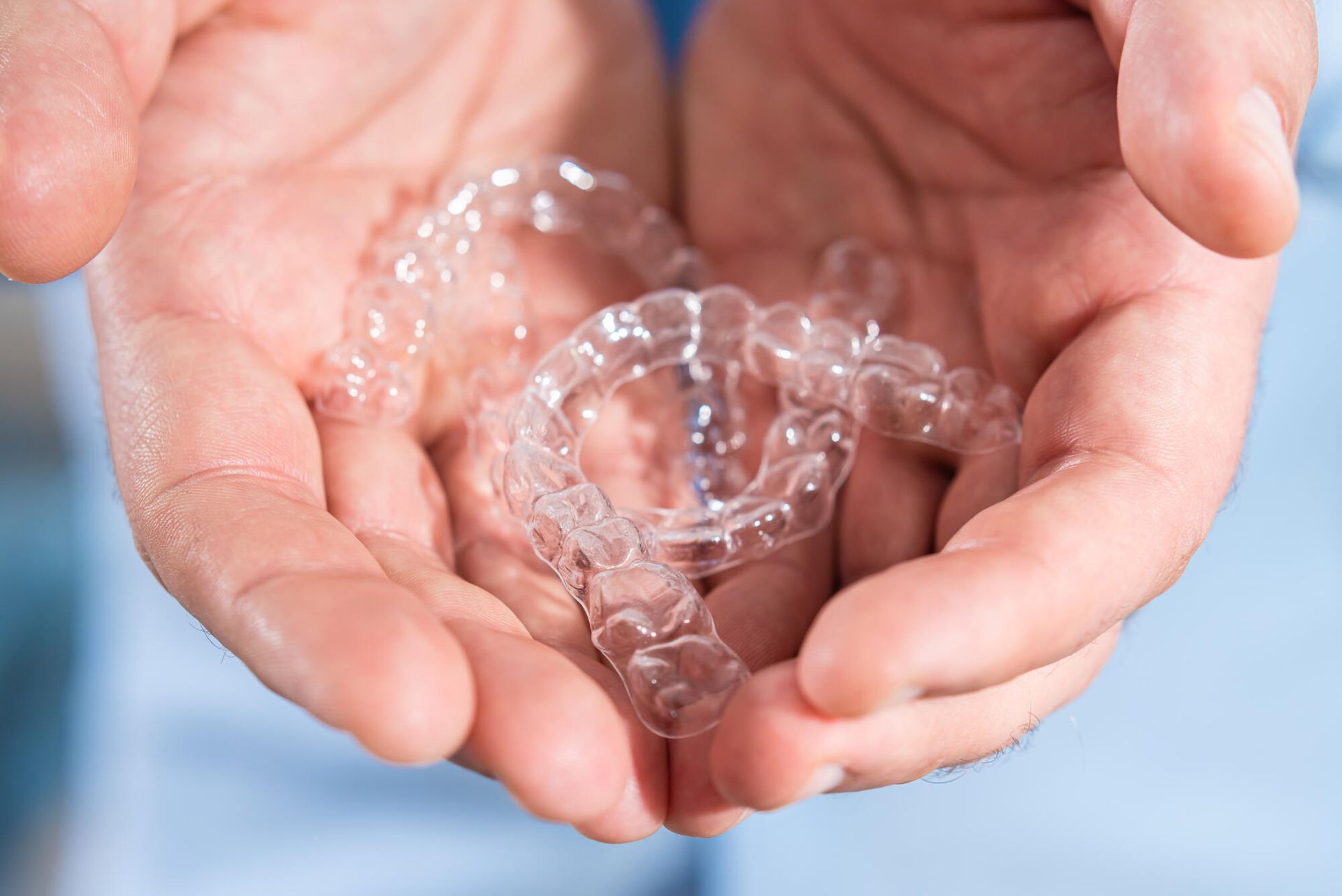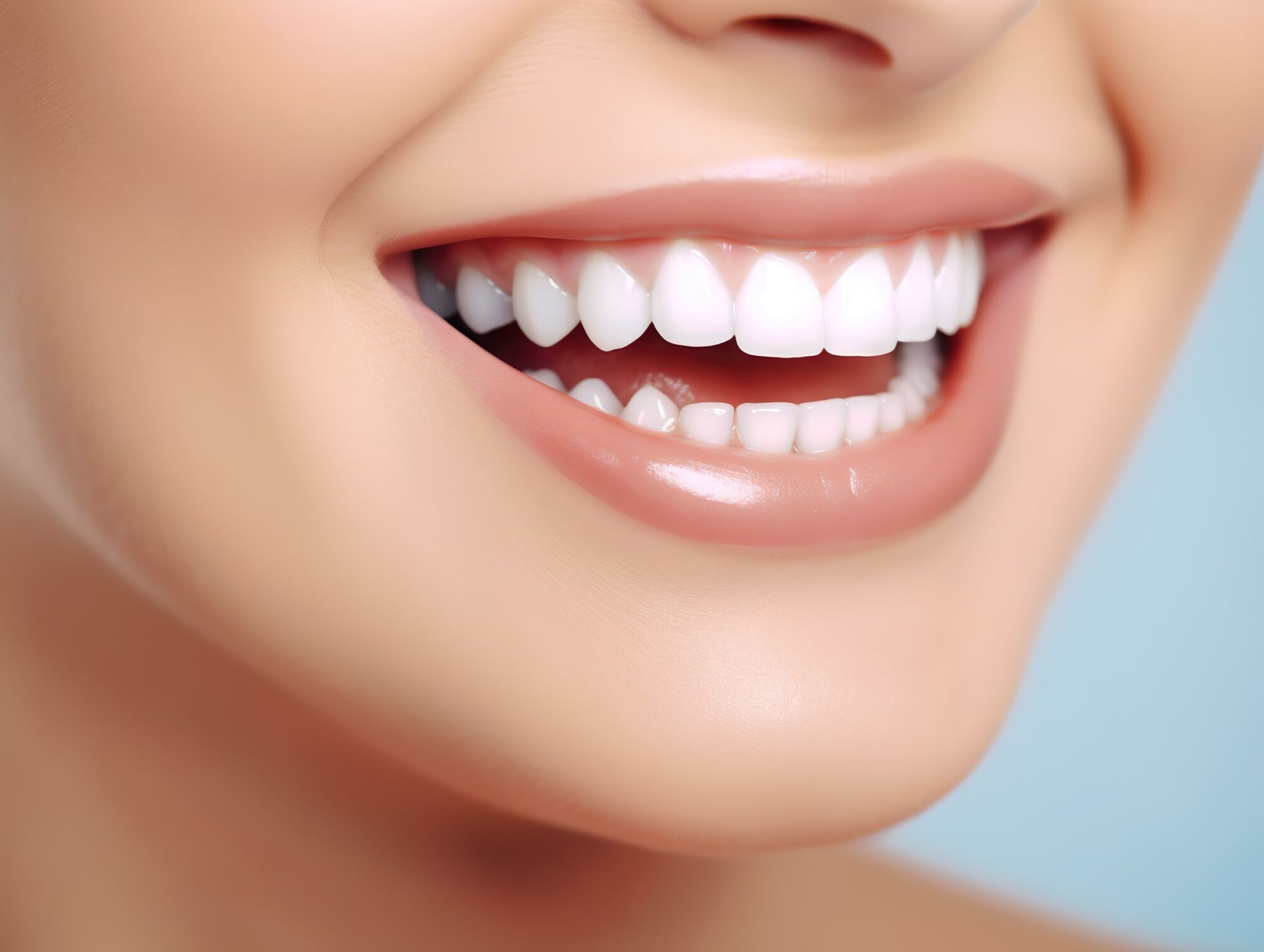Dental Care for Seniors
Did you know that oral health is an integral aspect of your overall health?
Unfortunately, when you do not take good care of your teeth, you may end up edentate. Edentulism, or tooth loss, is a common issue affecting older adults that can be treated with dentures for seniors.
On the plus side, tooth loss and the dental issues that lead to it are often preventable. Your local dentist offers the services and advice you need to prevent and treat such dental problems.
Are you ready to learn more about preserving your smile as you age? Then read on because this guide is for you.
Common Dental Problems in Senior Adulthood
The most common dental issues in older adults include gum disease, cavities, tooth loss, and tooth wear. Oral dryness is also a major concern, but this issue is easily treatable with a few lifestyle tweaks.
Learn more about these common dental problems below.
Gum Disease
Gum disease is also known as periodontal disease. It is a chronic inflammatory condition affecting the gums. With treatment, the early stages of gum disease can be reversed.
However, when gum disease progresses to later stages, it no longer responds well to treatment. Untreated periodontal disease may ultimately lead to gum tissue loss, jaw bone loss, and, eventually, tooth loss.
The World Health Organization estimates that up to 60% of seniors over the age of 65 have gum disease. Luckily, going to the dentist regularly and practicing good oral hygiene can prevent periodontal disease from progressing.
Dental Cavities
Dental cavities are also known as dental caries. Cavities occur when bacteria progressively erode enamel, leading to tooth decay. Over time, untreated cavities can lead to pain, infection, and even tooth loss.
A dentist can easily treat cavities. However, when they are left untreated, dental caries can progress or even spread to surrounding teeth.
Senior adults are at a 60% higher risk of developing cavities. Age decreases saliva in the mouth, which is a risk factor for cavities. The good news is that products containing fluoride can help prevent dental caries.
Tooth Loss
Tooth loss, or edentulism, may occur due to trauma but, in older adults, it more commonly happens due to untreated dental caries or periodontal disease.
The most unfortunate consequences of tooth loss are malnutrition and mental health complications. The risk of not getting enough nutrients increases by 21%, and the risk of depression rises by 28%.
Experts estimate that as many as 15% of Canadian seniors over the age of 65 are edentate. And nearly 26% of these older adults report avoiding food due to their lack of natural teeth.
Tooth Wear
Food, chemicals, and the chewing process put our teeth under a lot of stress throughout our lifetime. That is why tooth wear is so common among older adults and increases further with age.
Tooth-to-tooth contact, abrasion, and chemical wear and tear can result in sharp tooth edges and hypersensitivity to hot and cold or pressure. Tooth wear can also cause changes to the facial structure or appearance of the teeth.
17% of adults aged 70 present with significant tooth wear. While there is nothing you can do to stop this dental issue entirely, your dentist can recommend prevention strategies to reduce wear on your teeth.
Dental Care Services for Seniors
Gum disease, cavities, tooth loss, and tooth wear may be common, but you can help limit the impact of these issues when you take good care of your teeth.
Preventing and treating senior adult dental issues begins with the following dental care services for seniors.
Dental Cleanings for Seniors
Most dentists recommend that all people, regardless of their age, see a dentist at least once or twice per year for a cleaning. Dental cleanings remove plaque buildup to prevent cavities and treat the early stages of gum disease.
Older adults should still attend dental cleanings even if they have excellent oral health. Your dentist can detect issues early on. That way, you can save money and improve your chances of retaining your teeth!
Dental Filling and Bonding for Seniors
If you have cavities or tooth wear, dental filling and bonding services are a great option.
Bonding is a service that can apply tooth-colored materials to change the shape or size of your tooth. Seniors with significant tooth wear may benefit from this procedure.
Fillings are the most common approach to treating cavities. Your dentist scrapes out the decayed portion of the tooth and replaces it with a tooth-colored material.
In more severe cases, a deep cavity may not be treatable with a filling alone. Your dentist may then recommend root canal treatment to potentially preserve your natural tooth.
Bridges and Dentures for Seniors
With tooth loss being so common, bridges and dentures are among the most common dental services administered to Canadian senior adults. Dental bridges and dentures can replace one or more missing teeth.
You may have heard of alternatives, such as implants and crowns. However, this option is recommended for people missing one, or a few teeth or an entire arch of teeth.
Today's dentures and bridges are different than those of years past. You can get customized devices that can be made permanent for a comfortable, beautiful smile that resembles your natural teeth.
Schedule an Appointment With Family Dentist Bradford
The most common senior dental issues include cavities, gum disease, and tooth wear. Without treatment, these conditions may lead to tooth loss. A dentist near you can help you prevent and treat the most common oral health problems with dentures for seniors, bi-annual cleanings, and more!
Are you looking for a dentist serving seniors in the Bradford, Ontario area? Dentistry on 88 offers specials on comprehensive exams and x-rays for all new patients and existing patients (with and without dental insurance) who schedule an appointment at our clinic.
Book your appointment at Dentistry on 88 today to take advantage of our senior dental care services!












